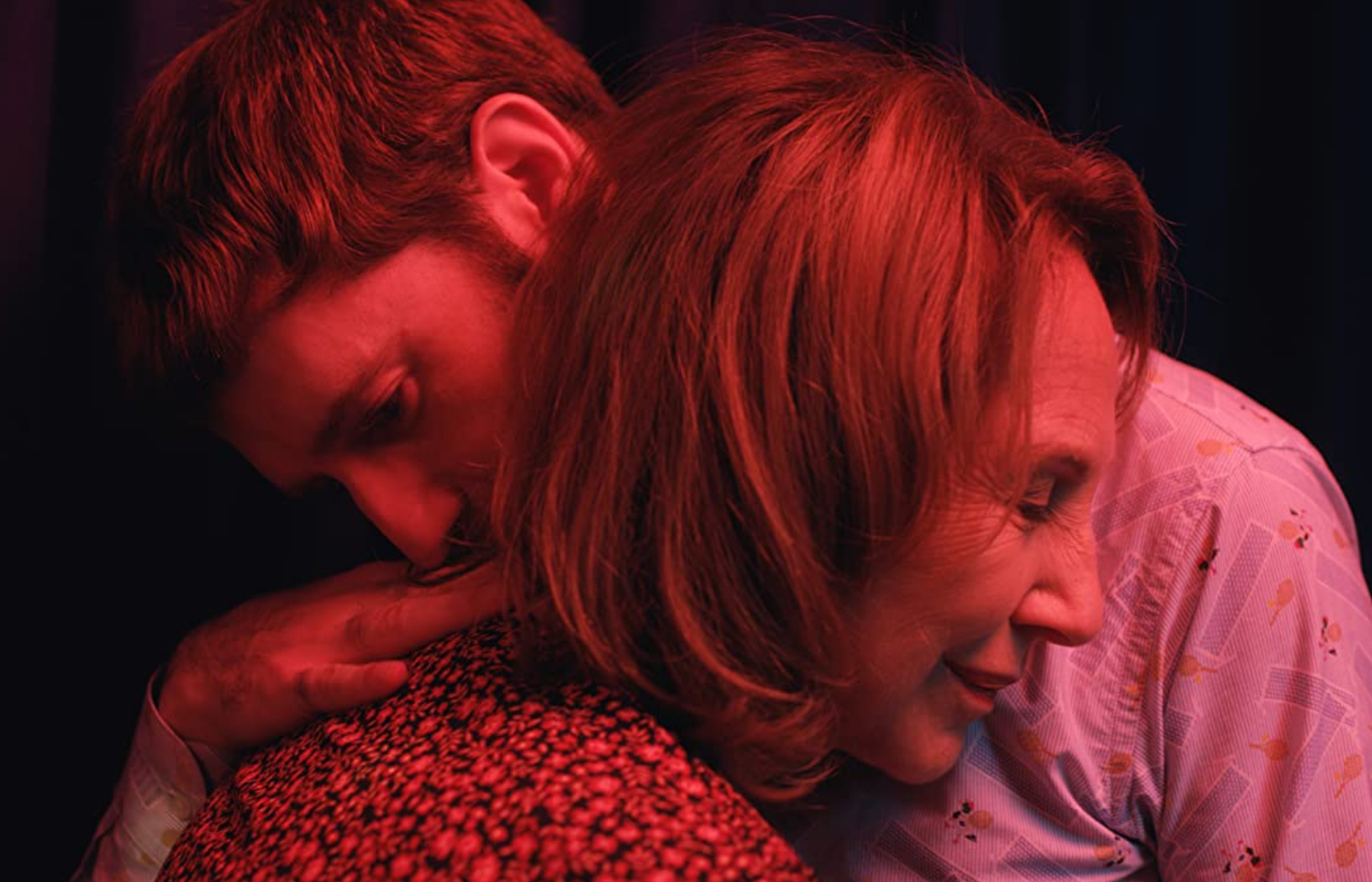
- Golden Globe Awards
My Best Part (France)
Thirty-something Jérémie (Nicolas Maury) is at a crossroads. His love life is in shambles, as his incurable jealousy has finally driven his lover away. Professionally, he doesn’t fare better with an acting career at a standstill. To clear his head and assess his future, he leaves Paris for the country to stay with his mother (popular French star Nathalie Baye).
My Best Part is Nicolas Maury’s directing and screenwriting debut. It took ten years for the actor to get the movie made. He is mostly known today for his part as Hervé, the endearing gay agent’s assistant in the four seasons of the successful miniseries Call My Agent!
Maury doesn’t deny some of the autobiographical aspects of the movie. “But I prefer to call it personal,” he says. “Jérémie is not me but we do share some similarities. I did experience a love relationship that triggered some anxiety and that monster called jealousy.” He deliberately chose not to make the character very likable, but a quite irritating narcissist, prone to melodramatic tantrums. “I like imperfect and unbalanced human beings. He is someone who keeps torturing and judging himself which prevents him from going forward. It is true that I pushed the envelope with him in that way, but I wanted the audience to slowly come to accept him for what he is and, in the end, to not judge him. What is beautiful with cinema is that it allows us to get close to people that don’t resemble us.”
Inspiration came to Maury from an eclectic mix of influences, some going back to his late teenage years when he moved to Paris to study acting, twenty years ago. “I was inspired directly by all the films I loved in the nineties. Forget Me, Normal People are Nothing Exceptional, The Summer House with Valeria Bruni-Tedeschi, and the movies of Woody Allen and Nanni Moretti – three directors who also filmed themselves. I also like Hong Sang-soo films, especially Nobody’s Daughter Haewon, Claire Dolan by Lodge Kerrigan, the works of Amos Kollek like Sue Lost in Manhattan. I am drawn to fictions that repair when exterior landscapes are as important as the interior ones of the characters.”
Initially, he did not intend to play Jérémie but quickly understood he needed to. “To be an actor is having to constantly walk the fine line between appearing and disappearing,” he says. “It is a dizzying feeling that should be translated with the utmost sincerity and no affectation. The mirror effect is abysmal. Acting is to access another sensation of reality.”
He vehemently refuses to categorize his film into a specific category. “It really angers me that My Best Part would be labeled as a gay film, simply because the main character is gay. It is a suffocating and simplistic limitation, equal to liberticide in negating its singularity and complexity. I’ve had enough with those wanting to compartmentalize everything into boxes: men, women, queer, lesbians and so on. Give me a break, please. How sad to only be restricted to one thing. What interests me is heterogeneity and diversity and to stay abnormally open to the world, always siding with the undecidable.”

